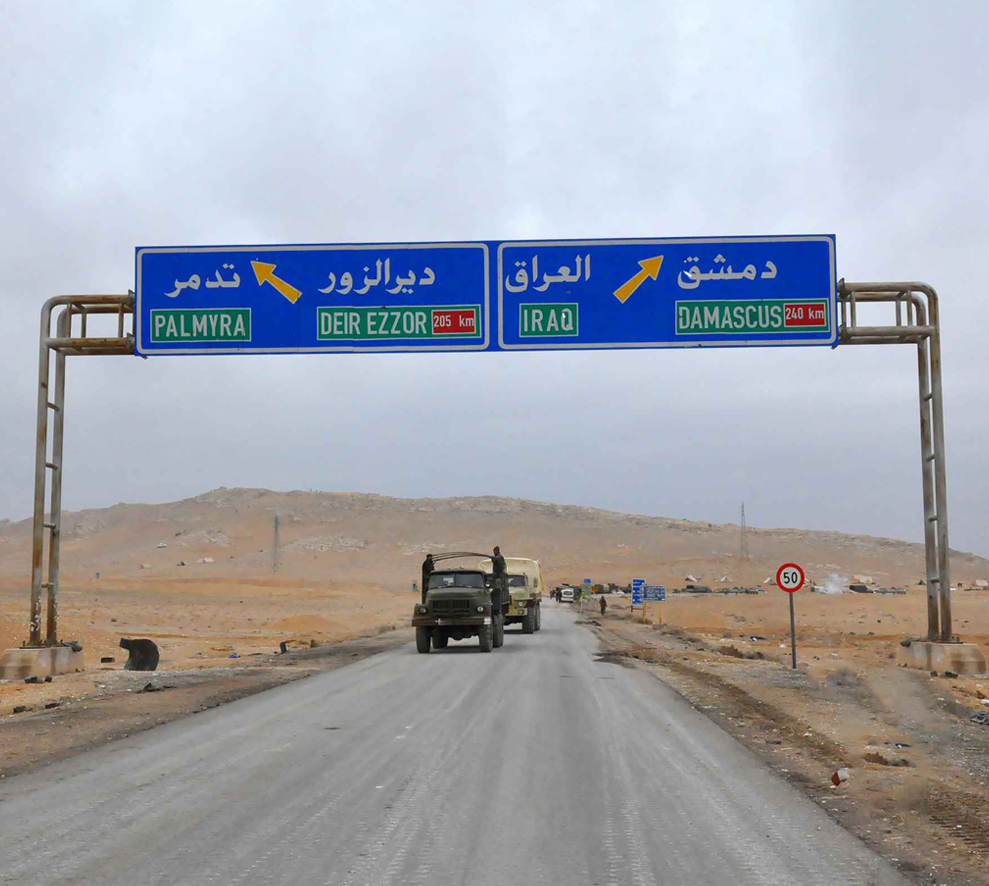Analyses
Politics
test promoted
Politics
Real clear world: A former terrorist inside the white house
Politics
NYT: The President and A Former Terrorist Meet at the White House
Politics
The Syrian Unity Predicament: Files of Sovereignty, Security, and the Kurdish Issue
Palestinian-Israeli conflict
Trump’s Plan: Second Phase Scenarios
Filter by:
.jpg)
Turkish-UAE Relations: Contexts and Prospects
The visit of the Crown Prince of the United Arab Emirates, Mohammed bin Zayed, and his meeting with Turkish President, Recep Tayyip Erdogan, indicate turning of the page of the past decade of relations, which were marked by ideological and political competition on many regional fronts. Hence, this paper analyzes the course of the visit and its context with regard to the broader transformations in the region and the changes that affected regional alliances and relations.
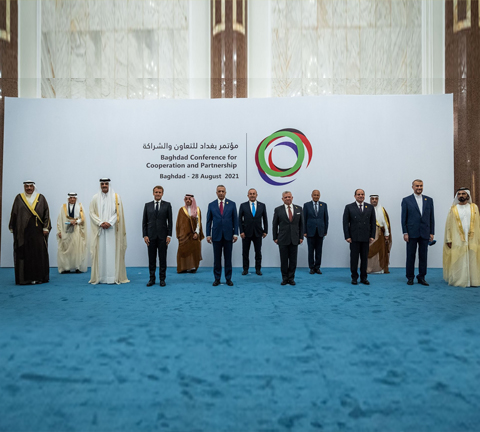
Saudi-Iranian Talks: A Step on a Long Road
Relations between Saudi Arabia and Iran continue to receive substantial attention given the impact of this event on the regional and international levels. In light of this, this paper attempts to read the talks from the viewpoint of possible incentives and variables and how they might affect hotbeds of tension and conflict in the region, as well as predicting their outcome.
.jpg-%D8%A7%D8%A7%D9%84%D8%A7%D9%85%D8%A7%D8%B1%D8%A7%D8%AA-%D8%A7%D9%84%D8%B5%D9%8A%D9%86.jpg)
Why the UAE is worried about a “Cold War” between the United States and China
In this paper, Muhammad Barhouma provides an assessment of the reasons behind UAE’s concern about a “cold war” between the United States and China, as well as the context of such a war, how the UAE will interact with it, the potential impact on Emirati policies if the competition between the two superpowers intensifies, and the possible scenarios that will determine the UAE’s position on it.

Geostrategy in 21st Century
This analytical reading attempts to briefly examine the most prominent factors that weaken the role of classical geostrategy in determining international influence. With the rise of factors influencing the calculations of world powers, it is not possible in the 21st century to rely on the expansionism – which is costly and useless – that dominated international politics at the turn of the 20th, as the instruments of control and influence have changed, necessitating the adaptation of geostrategy to these changes.
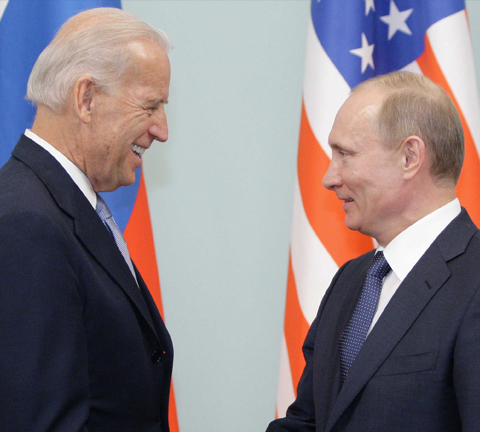
US-Russia Summit: Chance Meeting or First Step to Correct Course?
All eyes are on the US-Russian summit scheduled for mid-June 2021, due to its significance in determining the course of interactions between the two powers in the next three and a half years of Biden's presidency. The following analytical reading reviews the most prominent factors of strategic aggravation and provides a vision of a possible breakthrough in relations between the two poles of the former Cold War in light of changing state priorities in the time of Covid-19 (as most states tend to focus their attention on domestic issues at the expense of foreign policy) along with the implication of China’s rise represented in a potential repositioning within the world order and in the relations between key actors.
.jpg-%D8%A7%D8%B9%D8%A7%D8%AF%D8%A9-%D8%AA%D8%A7%D9%94%D9%87%D9%8A%D9%84-%D8%B3%D9%88%D8%B1%D9%8A%D8%A7.jpg)
Syria's International Rehabilitation: What Is Next?
The following strategic assessment paper reviews Syria's position in the regional and international environments in light of the immediate changes that will inevitably cast a shadow over the situation in Syria. The paper also argues that the process of "rehabilitation" for the return of Damascus's diplomatic relations with the international community must be accompanied by "comprehensive local reconstruction" within a path that takes into account the political, economic, security and community aspects.
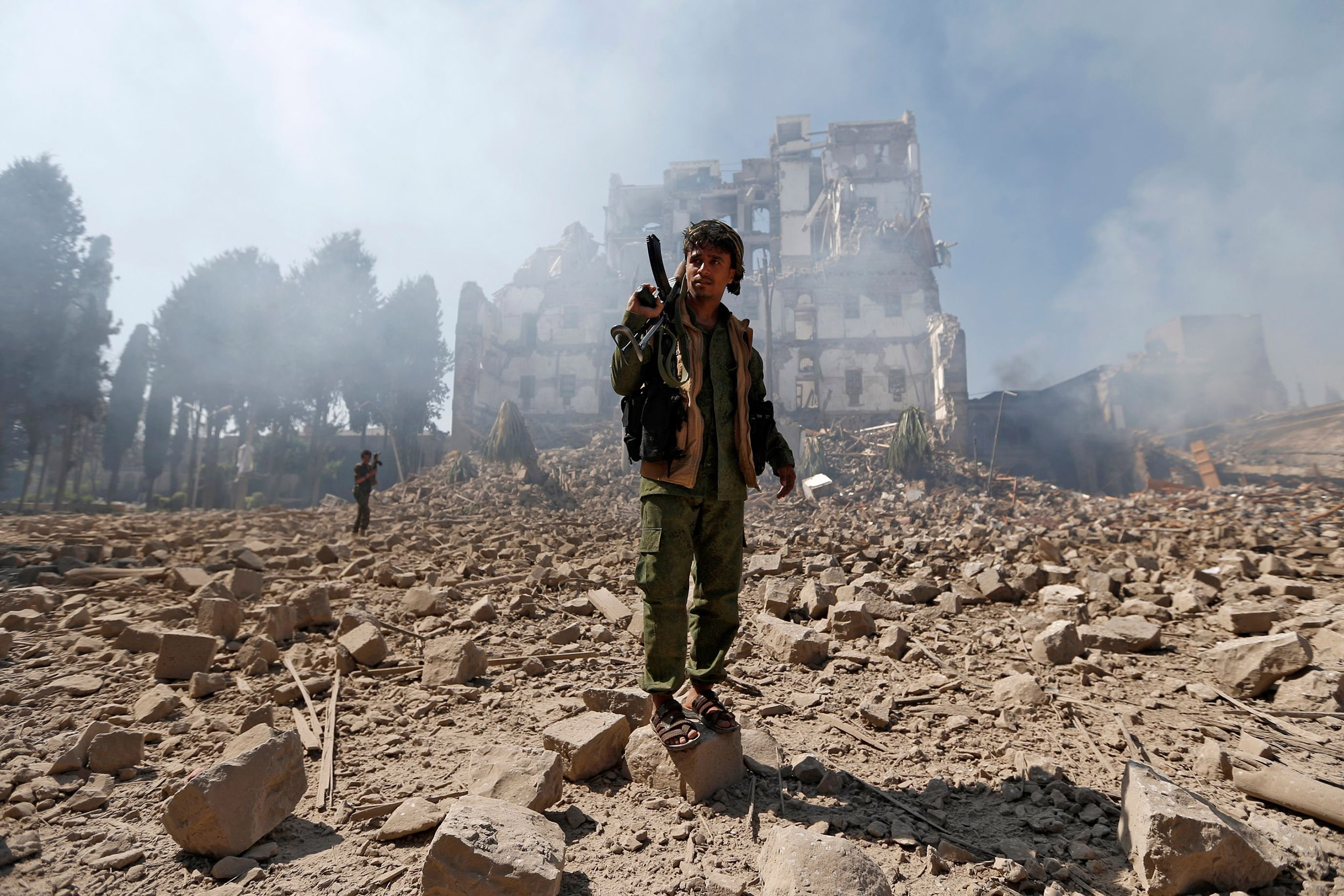
Yemen: The Road to Reconciliation
The following position paper foresees the future of the reconciliation in Yemen in light of some of the changes that have taken place during the past 6 years. It also reviews the most prominent local obstacles to real stability in the country.
.jpg)
Europe in Biden Era: Increased International Presence or Retreat under US Umbrella?
This strategic analysis looks ahead to the future of US-European relations under Biden after four years of deepening strategic contradictions between the two sides of the Atlantic. It also discusses whether "European independence" is practical in the world order.
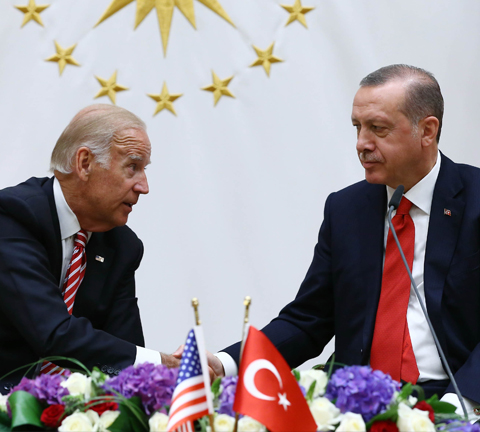
US Approach to Turkey
This article seeks to analyze the Biden administration's approaches to relations with Turkey, by relying on the analysis of the content of the discourse and the realist policy of Biden, and then to answer the following key question: What are the determinants that will shape US-Turkish relations under the new administration?
